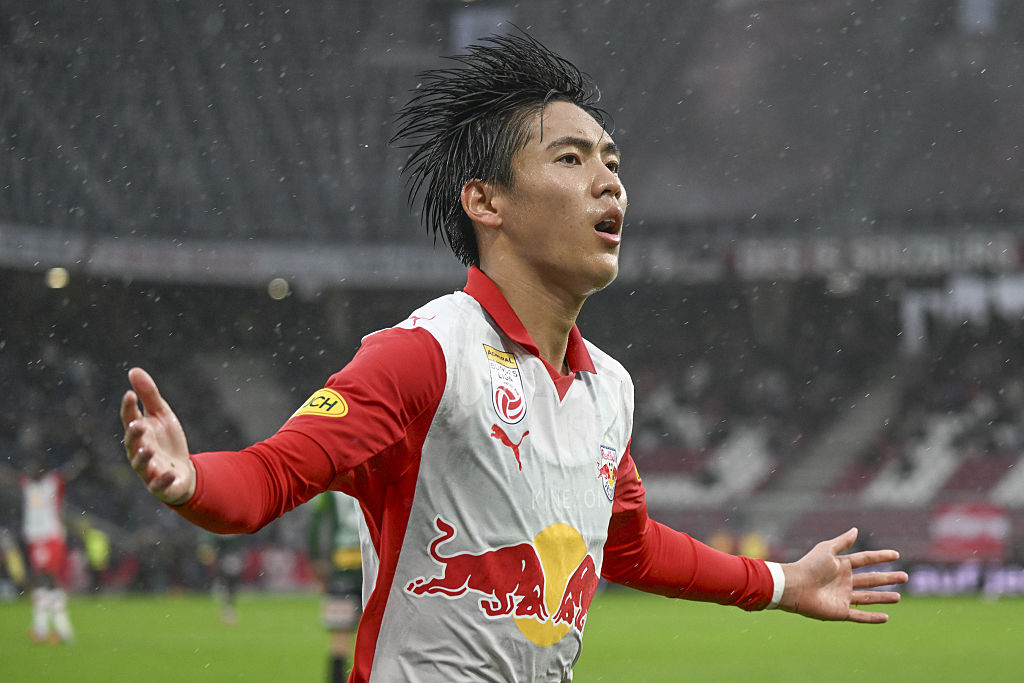
The world's most popular sport is attracting criminals with its huge cross-border money transfers and often obscure accounting methods, a unit of the Organisation for Economic Cooperation and Development said in a report.
"Football clubs are indeed seen by criminals as the perfect vehicles for money laundering," the OECD's Financial Action Task Force (FATF) said.
While other sports like cricket, rugby, horse racing or motor racing were also under threat, football was "an obvious candidate to examine money laundering through sport" because it dwarfed all the others in its global scale.
In one case, the report said, investigators thwarted an attempt to launder money through the purchase of a famous Italian football club with funds supplied by a criminal association operating in central Italy.
"Proceedings for money laundering, insider trading, extortion, unfair competition and other offences are ongoing," it said, without naming the club.
Based on 20 cases of money laundering in football, the report concluded that the structure, financing and culture of the sport are all conducive to financial crimes.
It cited two examples of tax evasion involving players in Britain, one linked to image rights and the other to a signing-on fee that was hidden from tax authorities.
The best features, fun and footballing quizzes, straight to your inbox every week.
MONEY FLOWS
Boosted by lucrative television rights, the amount of money in football has exploded, turning venerable clubs into massive business enterprises.
The heady sums paid for top players reached new heights last month when Manchester United winger Cristiano Ronaldo completed a record 80 million pound transfer to Real Madrid.
Despite the sport's scale, with 38 million registered players and 5 million referees and officials, many clubs are managed by amateurs and can easily be acquired by dubious investors, the report said.
Massive money flows that move in and out of tax havens, huge and irrational transfer payments, inflated agent fees and betting networks can all help criminals trying to pass off their illicit gains as legal.
The sport's image also plays a role. Clubs are less likely to report money laundering for fear of losing sponsors, while criminals may use ownership of a club to forge legal business ties and win lucrative construction contracts.
The report cites several examples of clubs in financial difficulties whose deficits were funded by suspected criminals.
Investors may get their "laundered" funds back by selling the club's equipment and services at inflated prices, or via sales of media rights, tickets, players and merchandise.
Global transfers of young football players can also attract human traffickers, the report said. The task force recommends building better awareness and improving governance and financial transparency as ways of fighting crime in football.
 Join The Club
Join The Club





